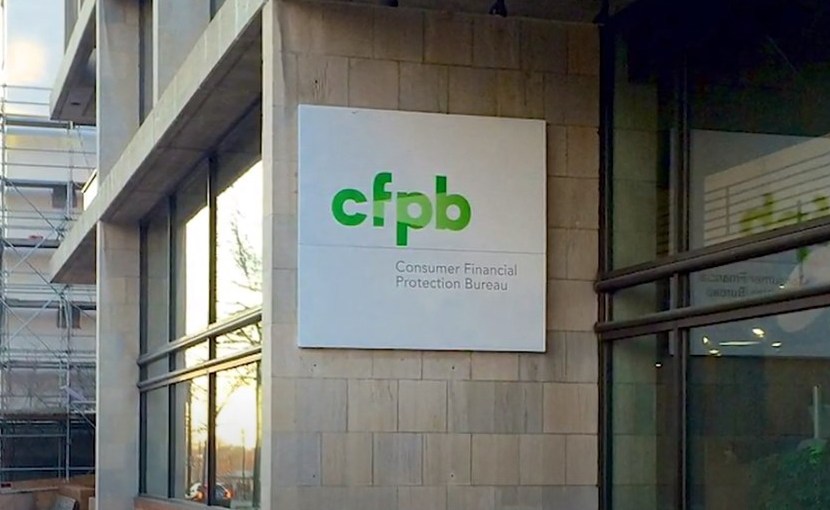
MBA Asks 6-Month Delay of Debt Collections Proposed Rule Effective Date

The Mortgage Bankers Association, in a May 19 letter, asked the Consumer Financial Protection Bureau to delay the effective date of its final rule amending the Fair Debt Collection Practices Act.
The Bureau delayed the effective date of the FDCPA Final Rules announced last October and December by 60 days from November 30, 2021, to January 29, 2022. MBA asked the Bureau to extend the delay by six months instead of 60 days.
“While we support the Bureau’s actions, we find that a more extended delay is warranted as the proposed delay period will not provide sufficient time for the mortgage servicing industry to implement the needed changes,” wrote MBA Director of Loan Administration Sara Singhas, AMP.
In its proposal, the Bureau notes the proposed 60-day delay is intended to allow stakeholders additional time to review and implement changes required by the final rules due to the ongoing societal disruptions caused by the COVID-19 pandemic. MBA said this delay is appropriate, noting the pandemic has impacted few industries more than mortgage servicing.
“Since March of 2020, servicers have moved swiftly to execute multiple state and federal regulatory requirements designed to assist borrowers with COVID-19 hardships remain in their homes,” MBA said. “Servicers needed to dedicate resources to revise internal policies and procedures, re-program systems and create new testing, monitoring and controls to ensure these changes were made timely. Because these resources needed to be reallocated, servicers have not yet had time to properly review and take the needed steps to comply with the final rule’s requirements.”
MBA noted as the economy begins to recover and the population becomes vaccinated and able to resume work, the industry must now prepare to assist the large number of borrowers who will be exiting forbearance. “Currently, servicers are working diligently to implement recently announced policy changes with effective dates quickly approaching,” the letter said. “Additionally, the industry must also prepare for known pending COVID-19 response policies that will need to be implemented rapidly to assist borrowers.”
In addition to the need to support consumers, servicers have identified significant operational and systemic challenges with implementing the rule by the November effective date. “Servicers must operationalize very detailed communication restrictions, across multiple departments,” MBA said. “Servicers must develop technology tracking capabilities, processes and training to ensure that all departments can cumulatively count call attempts, call stops and consent end dates to ensure that the restrictions are not exceeded. Implementation and coordination involve many layers: the servicing platforms, the servicers (and various departments) and dialer vendors, each with its own production runway to create and then implement solutions.”
In addition, MBA said significant concerns have been expressed with the Debt Validation Information provisions in the proposed rule, which require interest and other items to be itemized in a manner that is inconsistent with closed-end and open-end mortgage calculations today, saying servicers must be given additional compliance time, given the large number of mortgage products and features that must have new calculations created and stored.
